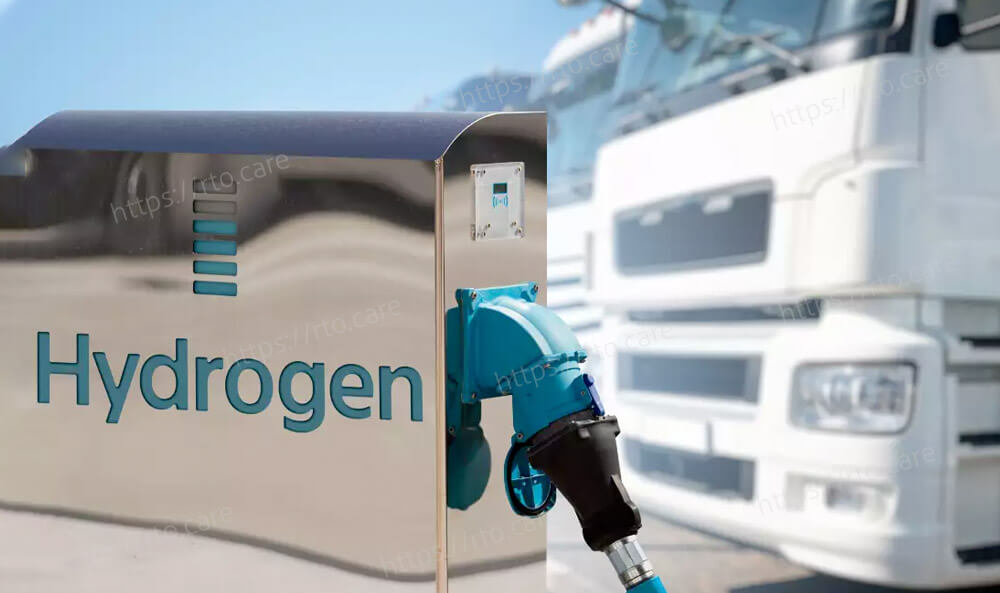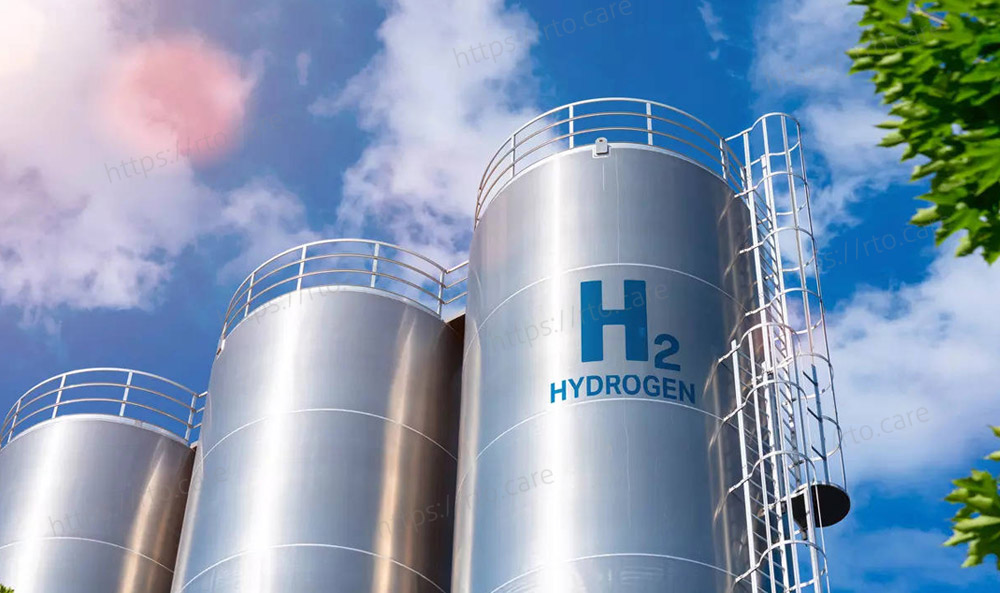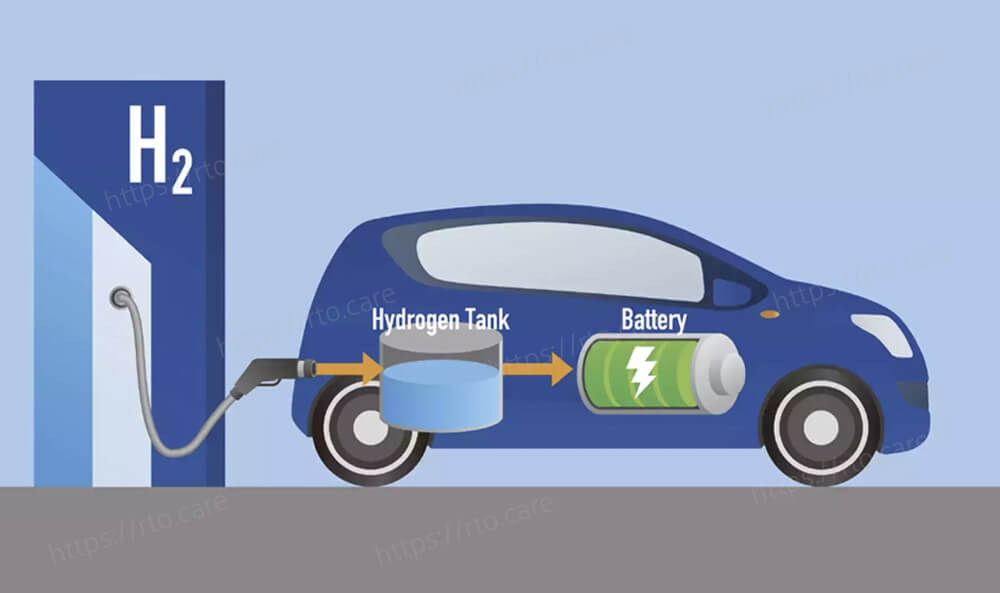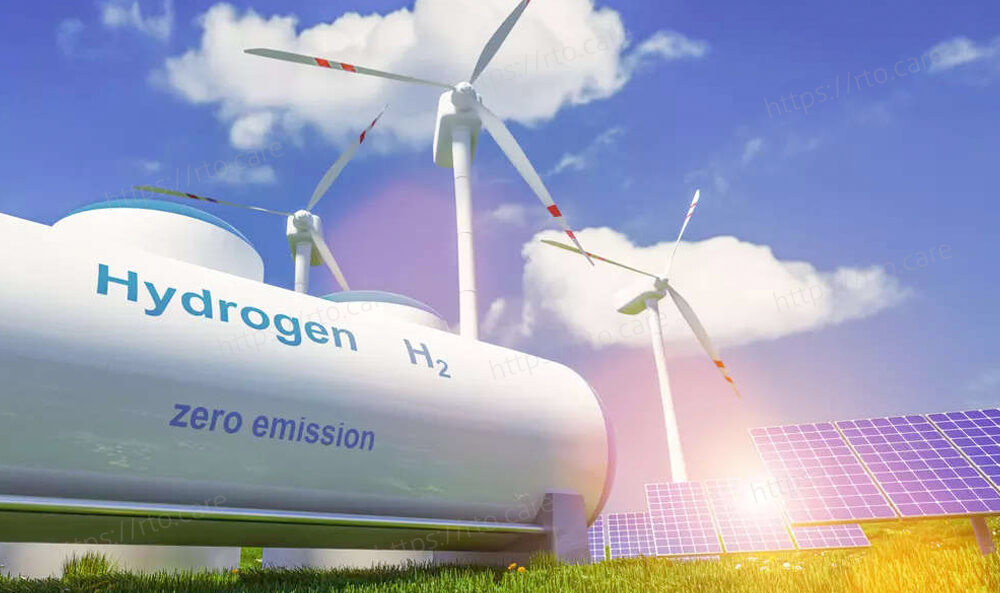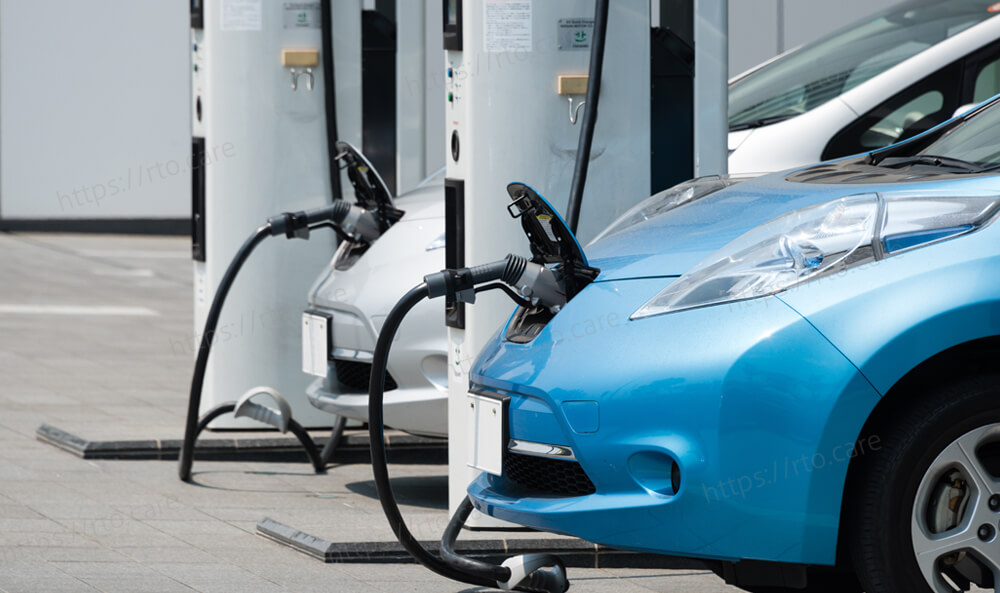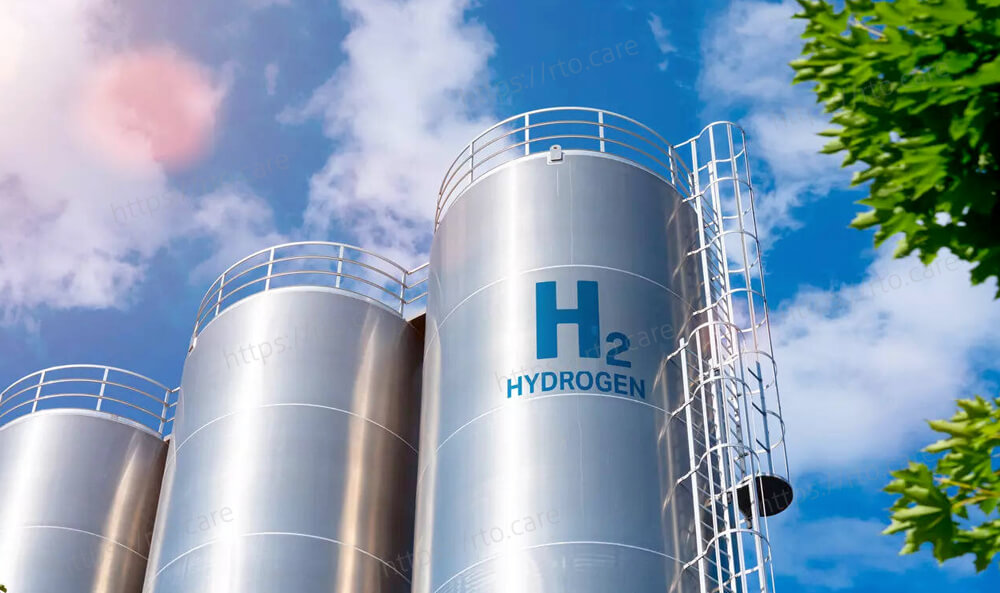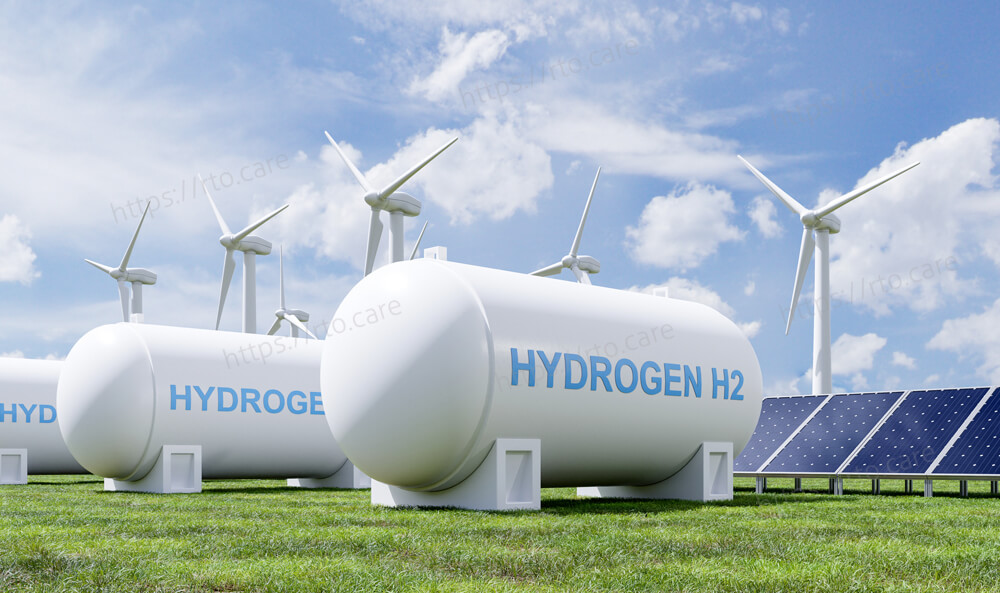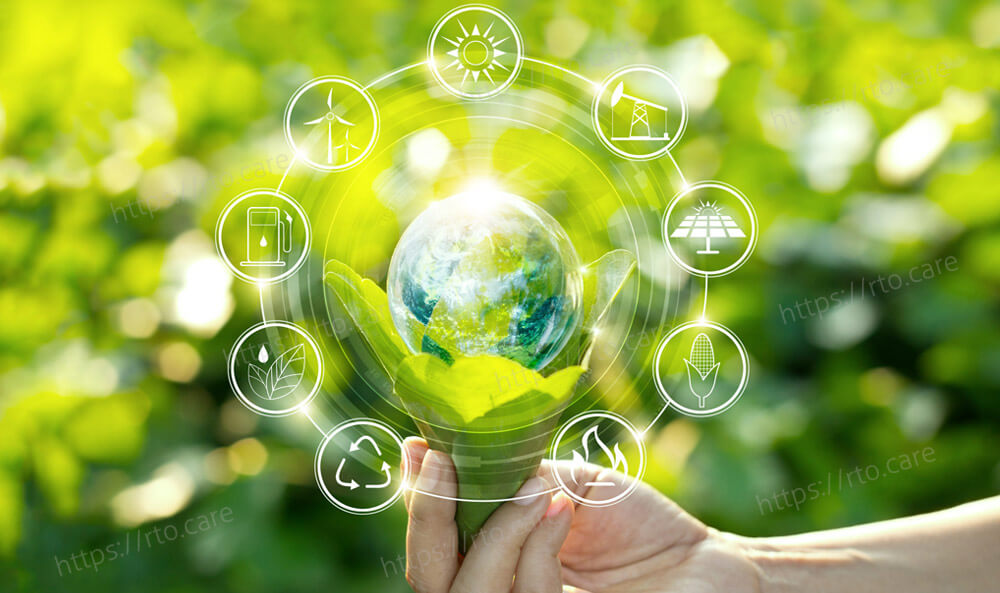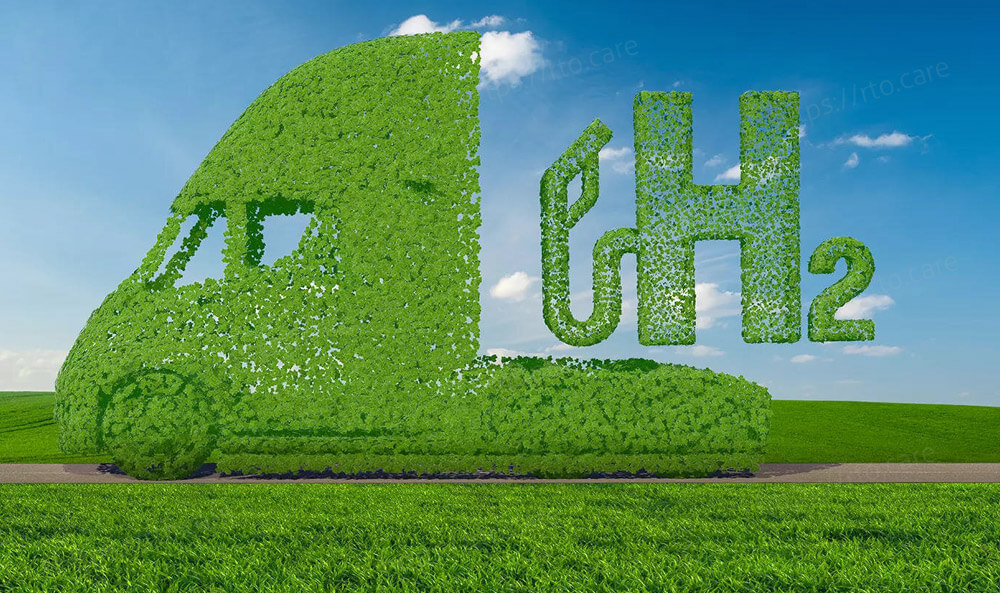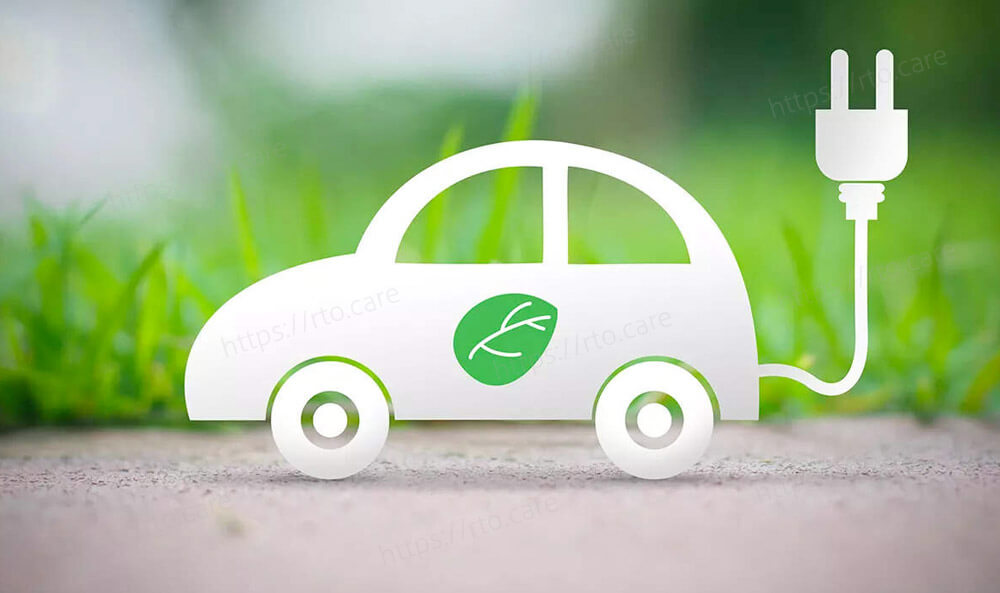IIT Jodhpur researchers have created nanocomposite catalytic materials for creating high purity hydrogen using artificial photosynthesis.
In the patented process, the scientists harnessed solar energy to catalyze the conversion of water into hydrogen and oxygen using a highly reusable catalyst built on a straightforward, low-cost transition metal.
"Similar to how nature does it, the procedure we have devised is known as artificial photosynthesis. With the help of sunshine, plants can divide water into hydrogen and oxygen, which they then combine with carbon dioxide to produce carbohydrates from. Using our catalyst, we artificially create hydrogen," IIT Jodhpur Associate Professor Rakesh K Sharma remarked.
Officials claim that the group has now created a number of catalysts that can effectively manufacture hydrogen under natural settings. The final use of this study is in the energy and automotive industries.
"The only practical source of energy for a sustainable and green future is hydrogen-based energy. More than 90% of the hydrogen comes from petroleum feedstock, making it expensive and out of the reach of the average person. Building an indigenous, sustainable catalyst for mass production of green hydrogen is a hallmark invention for future happiness," added Sharma.
The group has now created a number of catalysts that generate hydrogen effectively under natural settings. The final use of this study is in the energy and automotive industries. The designed device just requires sunlight as an external energy source, Added he.
According to Sharma, the research team has tested more than 100 different catalyst combinations in order to create five sets of catalysts that produce a large amount of hydrogen when exposed to sunlight. Wastewater, saline water, and brackish water may all be treated using catalysts. The catalysts can be recycled and used repeatedly.
The method utilised to create hydrogen is straightforward, compatible with a wide range of sunlight, and independent of other energy sources. A crucial first step in using hydrogen as a fuel for cars directly, eschewing fossil fuels and lowering emissions, might be to produce it cheaply and with great purity.
We want to create a prototype and then scale it up to produce a lot of hydrogen for end-user applications, he added.
The team also includes postdoctoral researcher Krishnapriya, PhD student Kiran Shejale, and PhD candidate Bhagirath Saini.
